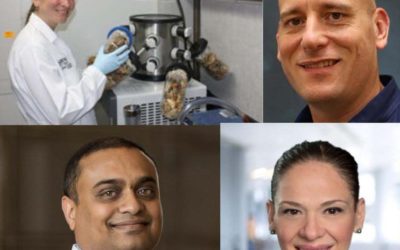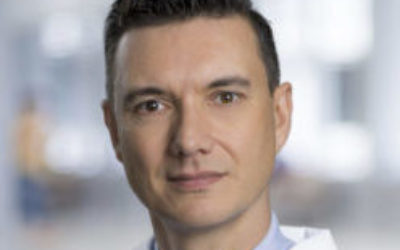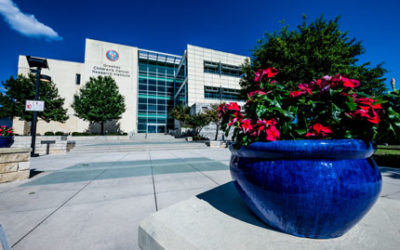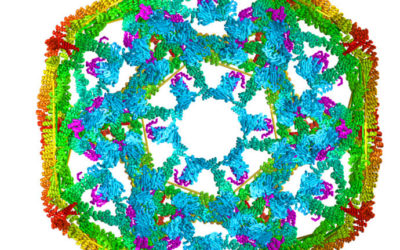Voelcker Fund awards $2.3 million to UT Health San Antonio researchers
The Max and Minnie Tomerlin Voelcker Fund is giving $1.45 million to the university to support three innovative research projects and one pilot research project, all conducted by rising young faculty studying cancer and cardiovascular disease. Read More →








